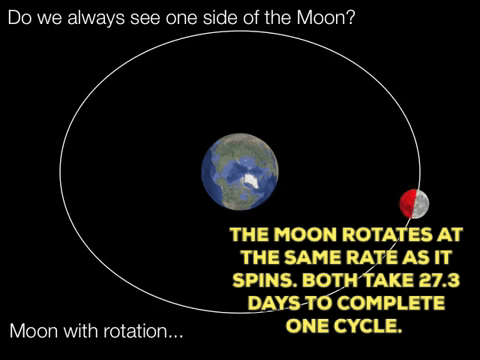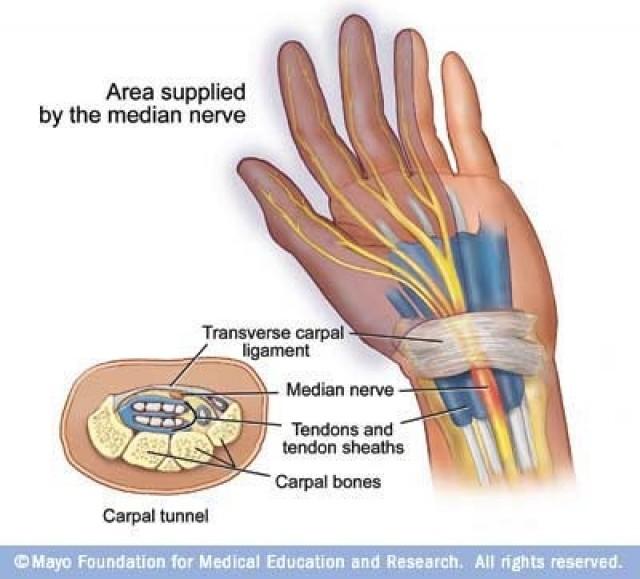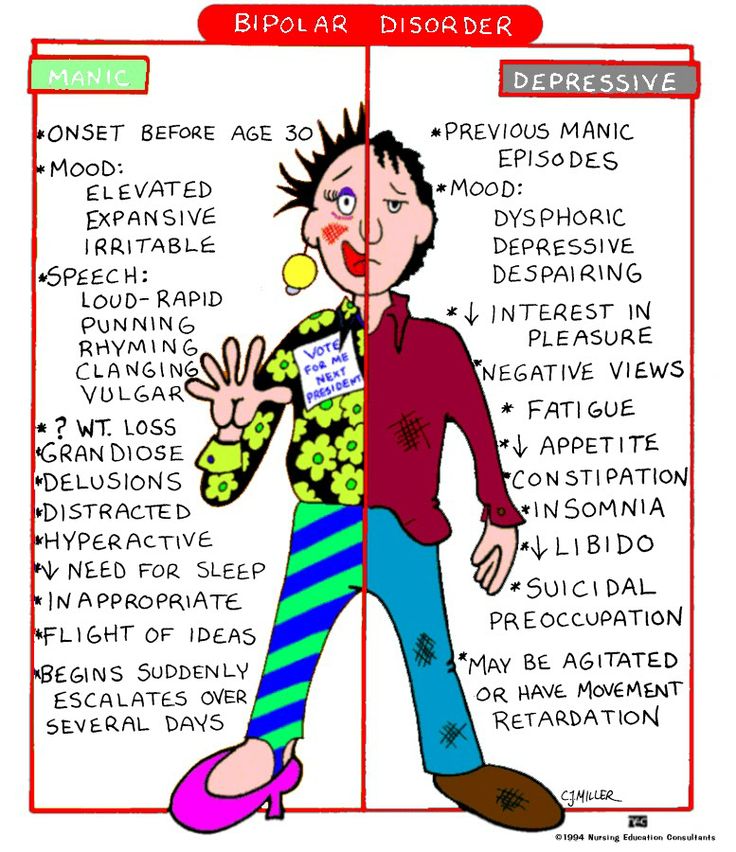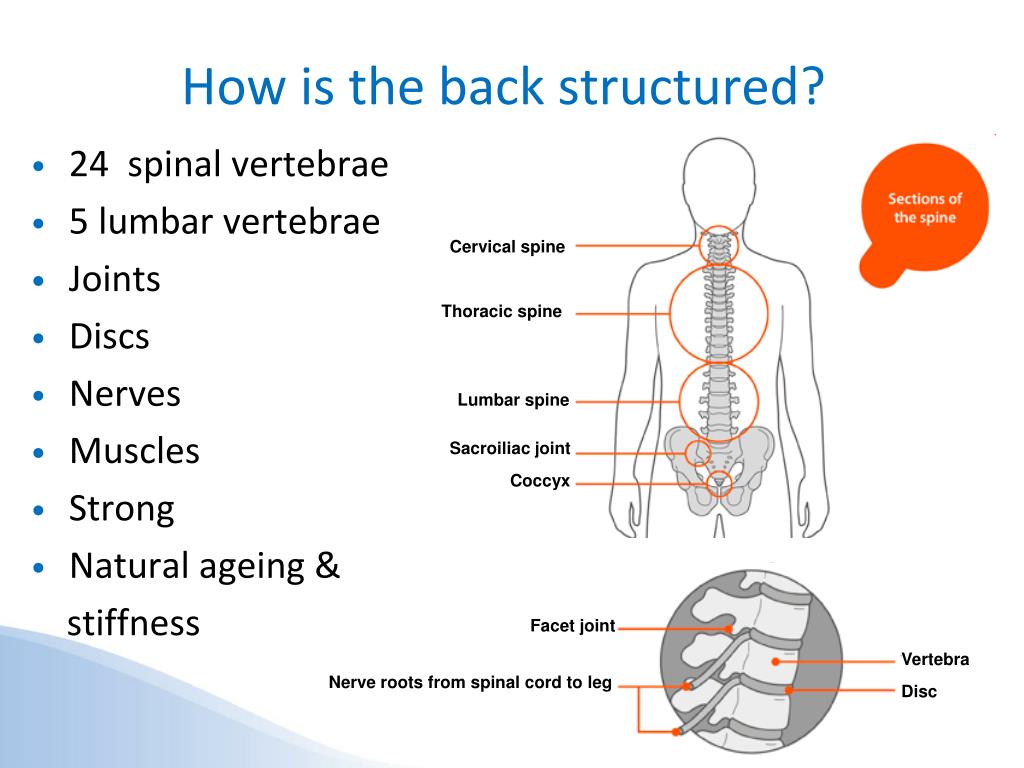How to get over feeling lonely
How to Deal With Loneliness: Ways to Stop Feeling Lonely
Loneliness is not an abstract condition that affects only certain kinds of people. The truth is that feelings of loneliness can affect anyone—young, old, and in-between—and at any point in life.
It's not uncommon for the elderly, people going through a breakup, divorce, or death of a loved one, and young people to struggle with loneliness. A loneliness survey by Cigna indicates that Generation Z adults (ages 18-22), in fact, are feeling lonelier than almost any other population.1
Loneliness can be due to so many different factors, and can affect both your emotional and physical health long-term. If you want to know what to do when you feel lonely, consider these 5 tips:
1. Acknowledge Your Feelings of Loneliness
A first step to overcoming loneliness is realizing how you feel and the impact it's having on your life. Try talking to a counselor or therapist. They can help you work through the factors that may be contributing to it, suggest additional steps to combat loneliness, alternative therapies, and help you build coping skills that work for you.
- See if your place of work has an Employee Assistance Program (EAP). Many employers offer an EAP. These services come at no cost to you as a benefit of your employment and provide confidential access to counselors and therapists trained to deal with all kinds of issues, including helping you overcome loneliness.
- Talk to friends and family. Let them know you're struggling with loneliness. If you've suffered the loss of a relationship, a loved one, lost a job, moved to a new place, are facing other issues that have isolated you, let them know how they might be able to help you feel less lonely.
2. Know When to Engage or Disengage From the Online World
The online world can be a double-edged sword, especially when it comes to loneliness and social isolation. Log on or log off—which is healthier? It all depends.
- The online world offers non-threatening and convenient ways to connect with others that can help if you're trying to overcome loneliness.
 Things like multi-player gaming, chat and message sites, even online dating sites can offer ways to interact and engage with others that's satisfying for some people. There are also online apps designed to help you deal with issues like loneliness and social isolation.
Things like multi-player gaming, chat and message sites, even online dating sites can offer ways to interact and engage with others that's satisfying for some people. There are also online apps designed to help you deal with issues like loneliness and social isolation. - What about social media? Is it good for you when you're dealing with loneliness? For some people, the online world may contribute to even greater feelings of loneliness and isolation. Social media, for example, can portray people who seem to be living exciting, happy-go-lucky lives with hundreds of good friends at their side. Reality is that this is generally not reality. Social media can make some people feel inadequate, left out, and feeling lonely. Bottom line, if being online seems more isolating than connected, it may be a sign you need to log off.
3. Find a Volunteer Opportunity as a Way to Feel Less Lonely
Volunteer opportunities are plentiful. Contributing your time and energy, working alongside others for a good cause, can effectively help you in fighting loneliness.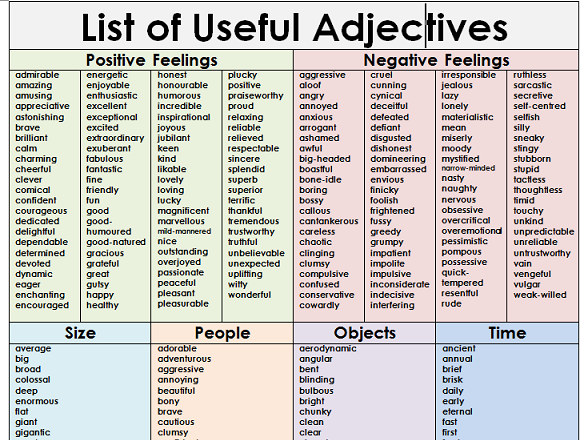 Volunteer activities are shown to ease stress, reduce feelings of depression, can help you make friends, and connect with others, and overall make you a happier person.2 A sense of happiness, fulfillment, and connection to others is yet another way to stop feeling lonely.
Volunteer activities are shown to ease stress, reduce feelings of depression, can help you make friends, and connect with others, and overall make you a happier person.2 A sense of happiness, fulfillment, and connection to others is yet another way to stop feeling lonely.
Try one of these ideas if volunteering appeals to you:
- Visit seniors in a nursing home
- Volunteer at a children's hospital
- Read to kids at school
- Work in a soup kitchen
- Volunteer in an animal shelter
- Become a Meals on Wheels volunteer
Whenever possible look to your local neighborhood or community for volunteer activities. This way you can make friends and forge social ties with others in close proximity to you. Chances are good that you'll run into them in the grocery store, at your church or synagogue, at the coffee shop or local restaurant—providing additional opportunities for social interaction and helping you to feel less lonely.
4. Join a Group or Club to Overcome Loneliness With In-Person Connections
Depending on where you live, you may have access to various types of groups and club activities often founded on common interests and hobbies. You can find many of these types of groups online or through community resources.
Meetup is an online platform through which you can find a group or create your own based on a particular interest. Groups meet in person, locally. There are Meetup groups for all types of interests, including food, travel, lifestyle, entertainment, sports, recreation, culture, and much more. Meetup groups are available throughout the country and can give you things to do when you feel lonely. It's a great way to make friends and get together with likeminded people on a regular basis.
5. Practice Self-Care
Besides working to connect with others, don't overlook the potential power of exercise, healthy food, proper sleep, sunshine, and even meditation for fighting loneliness.
- Exercise has been shown to trigger endorphins in the brain.3 These are sometimes called the "happy hormones" due to their power to elevate mood and make you simply feel better.
- Sunshine can do much the same thing as exercise.4 It also triggers good hormones, including endorphins and serotonin, which have a number of positive downstream benefits. Just make sure you follow safety guidelines when getting out in the sunshine.
- A healthy diet can affect your brain health, too. A daily diet of sugar, preservatives, and highly processed food can have negative impacts on your physical and emotional health.5 Focus on eating whole foods for a while and see if this can help in your strategy to overcome loneliness.
- Sleep quality is closely tied to emotional health. Loss of sleep or poor sleep habits can aggravate feelings of loneliness and isolation, and vice versa.
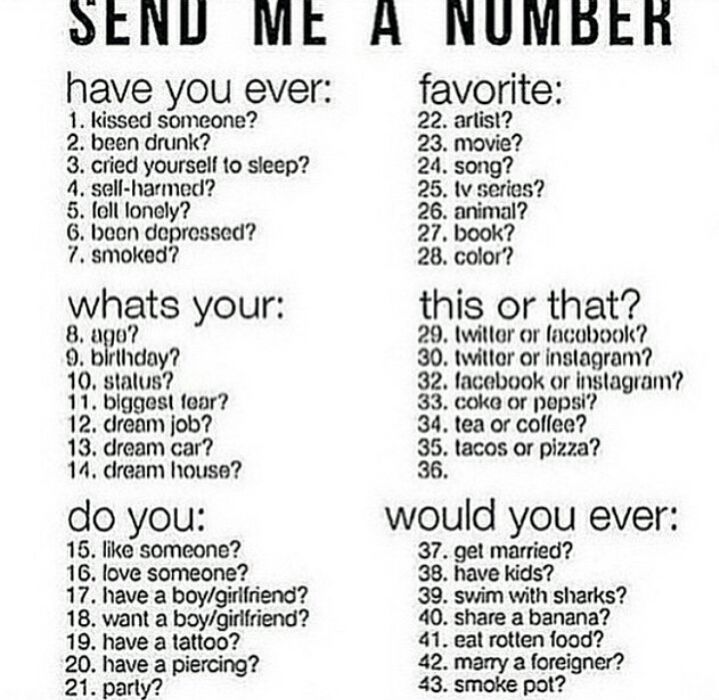 6 If you're fighting loneliness, try practicing better sleep habits. Limit sugar and caffeine before bed, turn off digital devices for some relaxation time, and make sure your bedroom is quiet and dark.
6 If you're fighting loneliness, try practicing better sleep habits. Limit sugar and caffeine before bed, turn off digital devices for some relaxation time, and make sure your bedroom is quiet and dark.
Loneliness affects millions of people. There are many things you can do when trying to overcome it. The key is realizing how you feel and finding the best strategy for you.
Feeling Lonely? Discover 18 Ways to Overcome Loneliness
Source: Taweepat/Shutterstock
The great irony is that as we become increasingly "connected"—on social media, video calling, and messaging—we simultaneously feel increasingly lonely. And even though we may use technology to feel more connected, it may be exactly what’s leading us to feel lonely.
After spending the last year researching and writing my new book, Outsmart Your Smartphone: Conscious Tech Habits for Finding Happiness, Balance, and Connection IRL, I've learned that most of us feel disconnected. What about you? Are you feeling socially connected? (Take this well-being quiz to see how you're feeling.) If not, try some of these 18 strategies to stop feeling lonely.
What about you? Are you feeling socially connected? (Take this well-being quiz to see how you're feeling.) If not, try some of these 18 strategies to stop feeling lonely.
1. Practice self-kindness. In difficult moments, it's essential to practice self-kindness. Blaming ourselves when we feel lonely is not helpful. So limit your hurtful self-talk, take care of yourself, and just generally give yourself a break. Perhaps a walk in nature or a day at the spa may be helpful for getting yourself into a self-kindness mood.
2. Capitalize on the present moment. When you feel good about something, share it with others right away, and I don't mean "share" by posting on your social media. You could share by calling or texting a friend. Or share with the people you work with. Keep in mind that the positive things that you can share don’t have to be big. You could simply have woken up on the right side of the bed and think, “Hey, I’m feeling great today. ” By sharing these moments, you create small moments of savoring and connection with others that can help you overcome loneliness.
” By sharing these moments, you create small moments of savoring and connection with others that can help you overcome loneliness.
3. Connect in real life. Connecting in real life may not be as easy as it once was. We often default to using our smartphones—it's easier, and now it's culturally accepted. But we can decrease our loneliness if we build stronger in-person connections. We do this by looking people in the eyes, listening, being mindful, and choosing not be distracted by our phones or other technologies.
4. Rethink how you spend your spare time. When we feel lonely, sometimes we just want to retreat into a corner and hide. Other times, our endless to-do list may leave us too exhausted to go out and be social. But opting to stay alone every night with our phones, watching Netflix, or playing on Facebook can really get us stuck in loneliness. We've created a life for ourselves that deprives of us of meaningful social connection, and the only way to get out of it is to start living differently.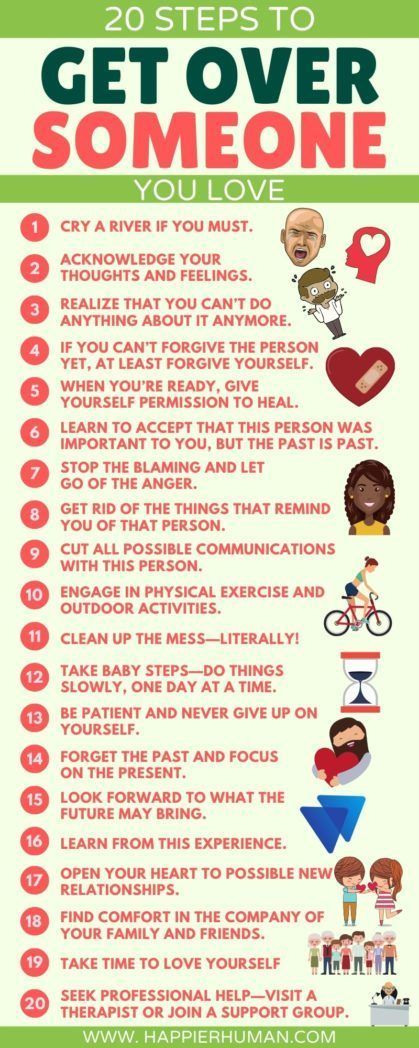
If we instead use our loneliness to motivate us to reach out to people, then we can strengthen our relationships. By opting to cope with our loneliness by seeking out social support, we create more social moments with the people in our lives who matter to us, which usually reduces our loneliness.
5. Do more things with people. Engaging in face-to-face social interactions tends to improve our mood and reduce depression. Activities that involve other people—such as attending religious services or engaging in sports—are also likely to have positive effects on our mental health. So find ways to be around people more.
6. Talk to strangers. A growing body of research suggests that even seemingly trivial interactions with strangers—like chatting with a barista or cashier—may be able to keep loneliness at bay by helping us feel more socially connected. So reach out to other human beings to say hello, ask them how they are, or chat about whatever's on your mind.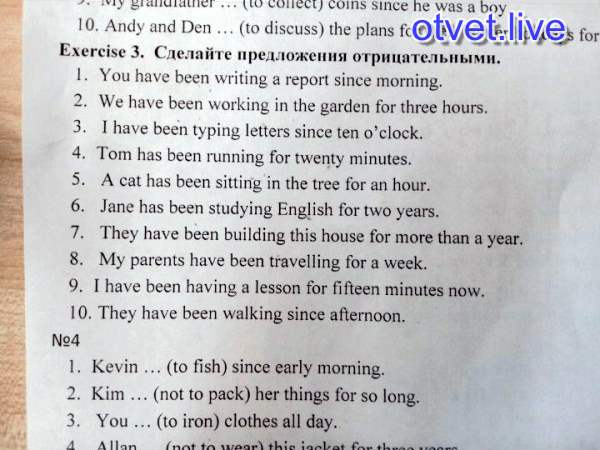 These small acts can make a big difference and help you reduce feelings of loneliness.
These small acts can make a big difference and help you reduce feelings of loneliness.
7. Be active online. Instead of passively surfing the net or your social media, if you want to go online, opt instead to do something that involves the active participation of other people. For example, you could play games with others, chat about something you care about, give advice on a forum, or have a video call with a friend. The more you interact with others while online, the more connected you are likely to feel.
8. Share for real online. Somewhere along the way, the word “sharing” got co-opted on social media to describe what is really just “humble bragging.” We post about cool things we did, nice meals we ate, or a fun party we went to—all things that we didn’t actually share with the people who are viewing our posts.
Instead of posting about things you did, reclaim the word “share” for what it really means—to give a small or large portion of what is yours to someone else. You could share advice, words of support, or even empathy, all from your smartphone. As a result, your connections are likely to be more kind and supportive.
You could share advice, words of support, or even empathy, all from your smartphone. As a result, your connections are likely to be more kind and supportive.
9. Stop focusing so much on you. It's almost inevitable in our modern technology-crazed world that we start to believe we don’t have enough. Bob got a new car. Sherri got a new house. Sonja got a new job. We also see false or unrealistic images—models Photoshopped to have perfect waists and abs—and we feel envious. As a result, we become increasingly focused on how we are not measuring up.
Instead of focusing on what you can get, shift your focus to what you can give. You could sell T-shirts online to raise money for a good cause. You could ask friends to donate to a charity for your birthday. By giving to others, you take the focus off yourself and do good at the same time, helping you to feel more connected and less lonely.
10. Stop your negative thought cycles. We might repeatedly think about what we could have done differently to prevent ourselves from feeling so alone. We ruminate on the events or people or causes, because we mistakenly believe that thinking about our loneliness over and over again will help us solve it. Unfortunately, it does us no good to get caught up in our thoughts instead of taking the actions we need to feel better.
We ruminate on the events or people or causes, because we mistakenly believe that thinking about our loneliness over and over again will help us solve it. Unfortunately, it does us no good to get caught up in our thoughts instead of taking the actions we need to feel better.
To put an end to these negative thought cycles, we need to take action—do something different that stops these thoughts and changes our experience of the world. For example, if I'm feeling lonely, I'll go to the gym or schedule lunches with friends for the next few days. And it helps.
11. Generate a sense of awe. Awe (like when we witness the birth of new baby, or a majestic mountain) makes time seem like it’s standing still and helps us be more open to connecting. Something about feeling small in the context of a big world appears to help us see ourselves as part of a whole, which may help us feel less alone. So expose yourself to something that creates awe—like landscapes, new experiences, or new foods (here's some mindful exercises to get started).
12. Spend money on experiences. If we're spending all our money on things, we won't have the cash to spend money on experiences with others. And it turns out that spending money on experiences is way better for our mental health. So get creative and think about what you want to do with others. For example, I might go on a canoeing trip, go wine tasting, plan a beach party, or host an arts & crafts night. What group activities might make you feel less lonely?
13. Pay attention to the things that matter. How do we expect to improve our loneliness when we don't know what causes it? It's hard. So it's helpful to start paying attention to the present moment. What are the experiences that make you feel lonely? And what are the experiences that make you feel connected or like you belong? Identifying these moments can help you reduce loneliness, because you can limit your engagement in activities that make you feel lonely and increase your engagement in activities that make you feel connected.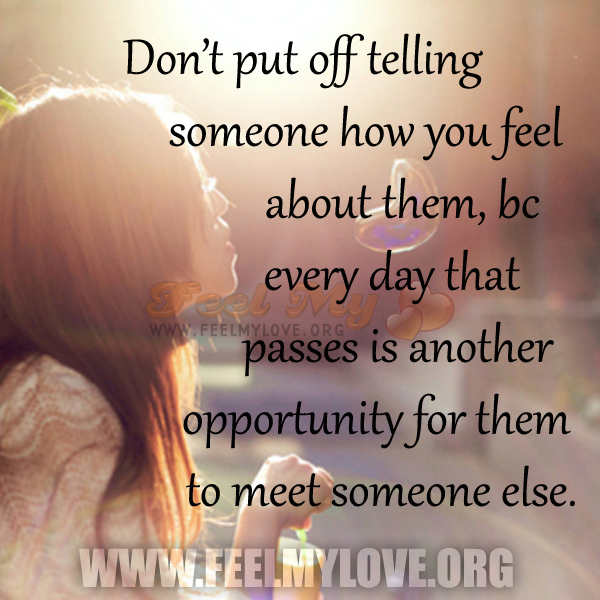
14. Create a vision board. I keep a vision board tacked up by my desk to remind me of my goals. A big chunk of my vision board is about connecting—building community, networking, spending time with family, and the like. Sometimes I have a hard time sticking to it, but having the vision board reminds me to. Once you discover the things that make you feel less lonely and more connected, it can be helpful to create a board or list or plan for what you'll do—something to keep near you so you remember what you need to do to combat loneliness.
15. Tend to your network. Sometimes we can end up feeling alone even though we are connected to lots of people. So it can be helpful to reach out to these people and schedule times to catch up. Aim to schedule at least one social hour per week—a coffee date, lunch, or happy hour. Who knows, maybe an old friendship can be reignited.
16. Join an online group of like-minded people. You can now find people online with just about any interest — for example, politics, cooking, or sports. Joining one of these mission-oriented groups can be a way to feel more connected to others, even when you don't have access to face-to-face interactions. You might get to know some new people or make lifelong friends. You can even try out a few groups to see which ones fit you best and decrease your loneliness the most.
Joining one of these mission-oriented groups can be a way to feel more connected to others, even when you don't have access to face-to-face interactions. You might get to know some new people or make lifelong friends. You can even try out a few groups to see which ones fit you best and decrease your loneliness the most.
17. Volunteer remotely or in real life. For some of us, it's hard to find people to spend time with, let alone connect with. So we have to find new people. One way to do this is by volunteering for a cause, either remotely or in your town. Just be sure you're working with others. Working on an important problem with others can help you decrease loneliness.
18. Be nice to yourself. It’s important to practice self-compassion when you fail at things. Remember, everyone fails, and there is no need to be a bully to yourself, feel guilty, or put yourself down. That kind of attitude won’t help you decrease loneliness, now or in the future. Instead, try talking to yourself in a way that is supportive, kind, and caring—and you’ll be more likely to acknowledge mistakes you may have made in trying to decrease loneliness, and hopefully do better next time.
Instead, try talking to yourself in a way that is supportive, kind, and caring—and you’ll be more likely to acknowledge mistakes you may have made in trying to decrease loneliness, and hopefully do better next time.
To learn more about how to build well-being, visit berkeleywellbeing.com.
10 ways to survive loneliness | PSYCHOLOGIES
24,718
Loneliness
In 2001, doctors diagnosed me with a serious illness and I had to leave my position as professor of law at the University of California. It was then that I learned what real loneliness is. That's what helped me get through that period.
1. Don't blame yourself
This is the most important thing! Feeling guilty will only aggravate the situation, make you feel incapable of anything. Many causes and events have brought you to this state. Yes, you could not prevent what happened, but it is in your power to find a way out of this situation. nine0003
2.
 Enjoy simple things
Enjoy simple things It can be anything: your favorite food, a book, a TV show, your pet. Go for a walk or just sit outside near your house. Experiment! Find things that brighten up your leisure time and help you feel better. Indulge in small pleasures.
3. Think of an old friend
Loneliness makes you feel unwanted. It is inconvenient for us to disturb our acquaintances, to take away their time, to distract them from really important matters. Sometimes, to call someone or even just write a letter, you have to literally step over yourself. Do it! nine0003
Write or call a school friend or former classmate. Chat with someone you haven't talked to in years. At first glance, it may seem that there are no such people. Think again. Childhood friend? A friend from your first job? Thanks to social networks, it is now possible to find anyone and immediately send a message.
4. Start a creative hobby
It doesn't have to be something unusual, extraordinary. You can simply color the mandalas, embroider according to the pattern, crochet or make collages from old magazines. A variety of mosaics and puzzles helped me. nine0003
Think of something that could distract you from your sad thoughts.
5. Help those in need
Become a volunteer, go to an orphanage, animal shelter or hospice. Helpers are always needed. Organize a collection of things for the poor, start financially helping charitable foundations. When we do something for others, we feel needed and important (this is the first step to victory over loneliness). In addition, this way you will be less obsessed with yourself and your experiences. nine0003
6. Talk to someone who feels lonely too
There is always a special bond between people who feel the same way. Talk to a person who is currently in a similar situation (for example, is also going through a divorce or has lost his job, which he devoted his whole life to).
When you realize that you are not alone in your condition, you will feel much better
You can find such an interlocutor on Internet forums or through acquaintances. Support your "friend in misfortune", wish good luck, offer help. When you realize that you are not alone in your condition, you will feel much better. At least it helped me. nine0003
Support your "friend in misfortune", wish good luck, offer help. When you realize that you are not alone in your condition, you will feel much better. At least it helped me. nine0003
7. Be happy for others
I call this practice "Joy for others makes me happier." Think about the people who are right now where you would like to be: at a beach resort, a party, or a football game. Imagine that you are there with them. Even if this fantasy lasts only 2-3 minutes, it will make you feel happy, ease the pain of loneliness, and cheer you up.
8. Make loneliness your friend
Treat loneliness like an old friend who suddenly came to visit, although he did not receive an invitation. Sometimes I just say: “Hello, loneliness! Here we meet again. You haven't been in a while." nine0003
The same principle applies to other negative emotions: anxiety, anger, envy. Do not resist, but, on the contrary, accept and try to understand. So these feelings become less acute, and you can get rid of them faster.
9. Remind yourself that this is temporary.
The poet Rainer Maria Rilke wrote: "No feeling is final." Repeat this phrase. Tomorrow will be a new day and you will feel different. Perhaps everything will change dramatically. Sometimes it seems to us that loneliness is with us forever. But it's not. nine0003
10. Sing
I tried it and it worked. Let your favorite performer keep you company. Sing in karaoke or without music. It is impossible to feel lonely when you eat. I checked it out for myself.
About the author
Toni Bernhard J.D. is a professor of law at the University of California (until 2001), author of three books on self-discovery and mindfulness, blogger.
Text: Nina Nabokova Photo Source: Getty Images
New on the site
How to use social networks without damage to the psyche: 4 rules with the former due to emotional swings. And now I miss and suffer”
“I lost interest in people, I don’t care about everyone”
What’s wrong with weight loss after 50 years: an unexpected answer from scientists
Why Wives Divorce More Than Husbands: A Psychotherapist Explained
"Don't Corrupt Children!": 5 Myths About Sex Education
How To Deal With Loneliness - 5 Tips
86 092
SolitudePractices how to
feelings of helplessness, hopelessness and despair persist for more than two weeks, it may be worth talking to a counseling psychologist or psychotherapist. Well, if your case is not so difficult, here are some tips on how to quickly get rid of the oppressive feeling of loneliness. nine0003
Well, if your case is not so difficult, here are some tips on how to quickly get rid of the oppressive feeling of loneliness. nine0003
1. Do, don't think
Loneliness seems to envelop us. As a result, we spend too much time feeling sorry for ourselves and doing nothing. And most often they are sure that this will not change. Such thoughts must be abandoned immediately. Find something to do right now.
By acting instead of thinking, you will break out of the endless cycle of gloomy thoughts
Work in the garden. Clean out the garage. Wash your car. Chat with neighbors. Call your friends and go to a cafe or a movie with them. Go for a walk. A change of scenery will help to distract from the oppressive melancholy. It is impossible to suffer if you are busy with something. nine0003
2. Be kind to yourself
When we are depressed, self-flagellation will not help. But, unfortunately, we all do this without wanting to. For example, we made a mistake at work that cost a lot, or had a fight with a partner or friend and now we don’t talk to him.
For example, we made a mistake at work that cost a lot, or had a fight with a partner or friend and now we don’t talk to him.
Or maybe we have too many expenses, and there is nowhere to get money from. Instead of discussing with someone everything that worries us, we accumulate it in ourselves. And as a result, we feel incredibly alone.
When we feel bad, it is important to take care of ourselves. In fact, we often forget about this because of more pressing issues. As a result, we don’t get enough sleep, we don’t eat well, we don’t go in for sports, we overload ourselves. It's time to "reboot" and restore the lost balance, feel better physically. Go to the park, take a bath, read a book in your favorite cafe.
3. Don't isolate yourself
Although you can be alone in a crowd, socializing helps you get distracted, at least for a while. The best medicine is to get out of the house and find some company. It’s good if it’s a group of friends, but group classes, hobby groups, traveling and hiking in groups are also great ways.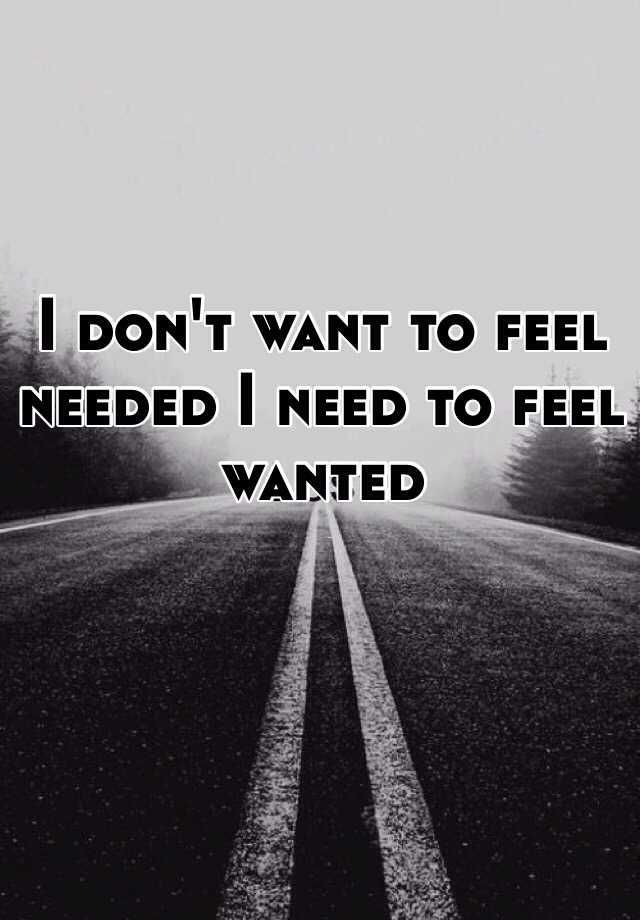 It's hard to think about how sad you feel during an interesting conversation. nine0003
It's hard to think about how sad you feel during an interesting conversation. nine0003
4. Discover something new
A guaranteed way to deal with sad feelings is to discover and learn new things. When you turn on the “curiosity gene” and do what really intrigues and interests you, there is no room for blues. Try driving to work on a new road.
Plan a short trip for one day, visit nearby attractions
For example, small towns, parks, forests, nature reserves, museums, memorable places. On the road, try to learn something new, meet new people, so that there is something to remember. nine0003
5. Help others
The surest way to stop feeling sorry for yourself is to help others. This does not mean that you should immediately run to the streets to save the homeless. There are other ways. Sort out your wardrobe, collect things you no longer wear, and donate them to a charity.
Give away old but working electronics, crockery, furniture, linens, toys and other unwanted items to those in need.

